OECD statistics show that the employment rate for South Africans with a tertiary qualification is
30 percentage points higher than for those with only a matric pass. Tertiary education pays off.
Expanding access to high-quality tertiary education and providing students with employable degrees is considered vital to reducing inequality and growing the economy. But demand from qualified students is far greater than the available number of places at public universities – a problem compounded by the fact that only one-in-five students are completing three-year courses without requiring an extra year of study.
While it is part of the government’s plans to grow to the tertiary education sector, the private sector also has a major role to play through investment and augmenting what the public institutions offer and thus widening access to higher education. STADIO Holdings has stepped into this gap with R1bn in investment and the launch of its new multi-faculty, multi-campus tertiary institution, STADIO Higher Education, which is the result of the consolidation of four existing institutions; Southern Business School (SBS), Embury, LISOF, and Prestige Academy.
STADIO Higher Education has five faculties across ten campuses, offering over fifty accredited qualifications to more than 20,000 students.
Chief Academic Officer Dr Divya Singh says STADIO is much more than a merger; “it represents the creation of a desperately needed, new kind of high-quality, tertiary education in South Africa, purpose-built to address acute issues of accessibility, affordability and employable qualifications”.
Singh says STADIO is designed to meet the real needs of SA tertiary students: “credible courses constructed with the workplace in mind and delivered with blended learning – both online and in person – to allow students to qualify in ways that suit them, from wherever they need to be based”.
With a solid investment in technology and physical infrastructure, STADIO is ideally placed to cater to a wide range of student needs. Indeed, 80% of their students are making use of distance learning.
The economies of scale offered by the consolidation and the investment made by STADIO will deliver a well-funded, substantial tertiary institution which, Singh says, is “designed for 2020 not 1820”.
Dr Singh believes that individualised and adaptive learning is the key to ensuring high quality outcomes: “we’re focused on providing rigorous, affordable and practical courses that produce employable outcomes for students”.
STADIO campuses are in Johannesburg (Midrand, Randburg, Krugersdorp), Pretoria (Hatfield, Montana, Centurion), Durban (Musgrave), and Cape Town (Bellville), with support offices in Namibia. The five faculties are Commerce, Administration & Management; Education; Arts & Design; Science & Technologies; and Law.

